Greek philosophy and the foundations of Western thought
Greek philosophy represents a pivotal chapter in the history of Western intellectual development. Originating in the ancient Mediterranean world, it marks a transformative shift from mythological explanations of the cosmos to systematic and rational inquiry — a movement encapsulated by the transition from mythos to logos. This post begins a series exploring the evolution of Greek philosophical thought, its key figures, and its impact on Western intellectual traditions.
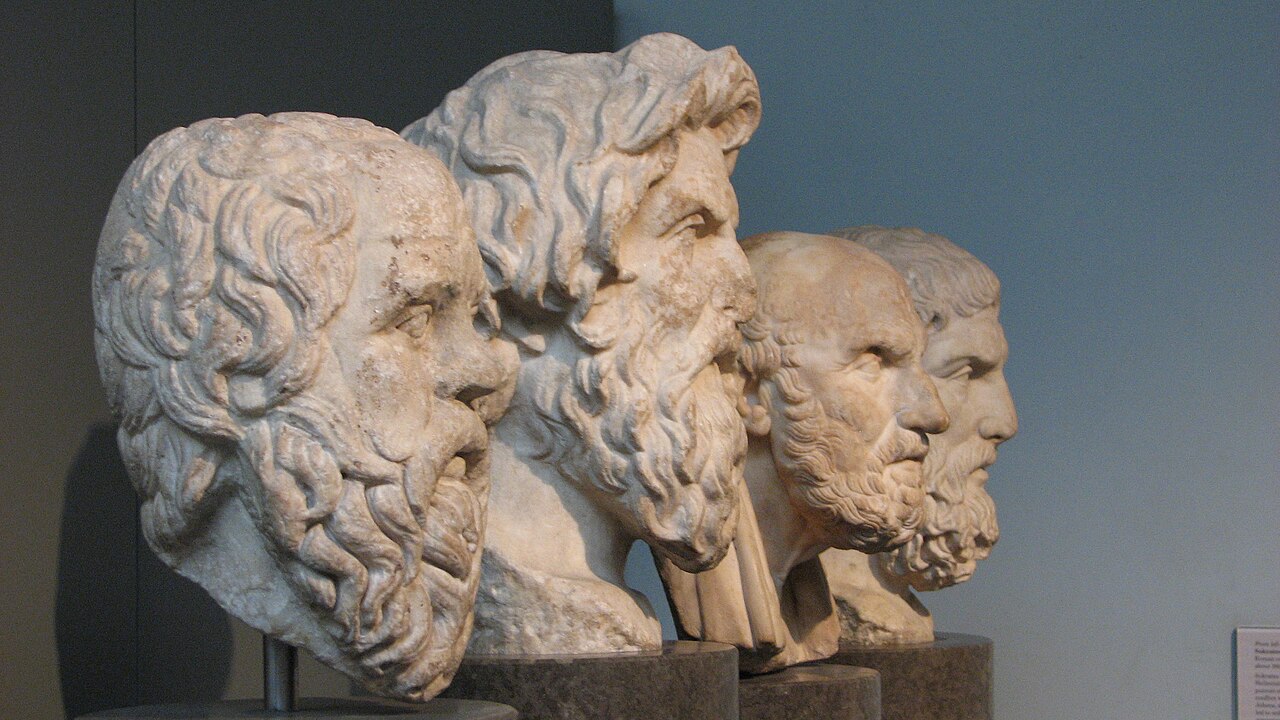 Marble heads of four Greek philosophers: Socrates, Antisthenes, Chrysippos, Epicurus. Source: Wikimedia Commonsꜛ (license: CC BY-SA 2.0)
Marble heads of four Greek philosophers: Socrates, Antisthenes, Chrysippos, Epicurus. Source: Wikimedia Commonsꜛ (license: CC BY-SA 2.0)
Historical context and evolution of Greek philosophy
The origins of Greek philosophy are deeply entwined with the broader history of early human civilizations. Mesopotamia, often regarded as the “cradle of civilization”, introduced systems of writing, such as cuneiform, which enabled the recording and transmission of complex ideas. The Babylonian creation myth, for example, represents an early cosmological framework that likely influenced Greek concepts of order and the cosmos, later seen in the works of Anaximander and Hesiod’s Theogony. Babylonian advancements in mathematics, particularly their base-60 system, also set the stage for the geometric and numerical inquiries of Pythagoras and his school.



 Top: Map of Greek territories and colonies during the Archaic period (800–480 BC). Source: Wikimedia Commonsꜛ (license: CC BY-SA 1.0) – Center: Greek settlement areas on the Aegean in the 5th century BCE. Source: Wikimedia Commonsꜛ (license: public domain) – Bottom Left: Greek settlements in Asia Minor. Ionia in green, Aeolis in purple, and Doris in red. The west coast of present-day Turkey was home to the Ionian philosophers, including Thales, Anaximander, Anaximenes, Heraclitus, Anaxagoras, and Archelaus).Source: Wikimedia Commonsꜛ (license: CC BY-SA 3.0) – Bottom Right: Ancient Greek cities in southern Italy. Source: Wikimedia Commonsꜛ (license: public domain)
Top: Map of Greek territories and colonies during the Archaic period (800–480 BC). Source: Wikimedia Commonsꜛ (license: CC BY-SA 1.0) – Center: Greek settlement areas on the Aegean in the 5th century BCE. Source: Wikimedia Commonsꜛ (license: public domain) – Bottom Left: Greek settlements in Asia Minor. Ionia in green, Aeolis in purple, and Doris in red. The west coast of present-day Turkey was home to the Ionian philosophers, including Thales, Anaximander, Anaximenes, Heraclitus, Anaxagoras, and Archelaus).Source: Wikimedia Commonsꜛ (license: CC BY-SA 3.0) – Bottom Right: Ancient Greek cities in southern Italy. Source: Wikimedia Commonsꜛ (license: public domain)
In the Aegean, the Minoan civilization acted as a cultural hub, where maritime trade networks facilitated the exchange of ideas with the Near East. Their use of symbols and the integration of myth into art possibly informed the symbolic richness in early Greek thought. The Mycenaean civilization, with its structured society and epic traditions, preserved mythological and ethical narratives. These re-emerged in the Homeric epics, providing a proto-philosophical foundation for inquiries into human nature, justice, and the divine — themes central to later Greek philosophy.
Greek philosophy itself began with the Pre-Socratics, particularly the Ionian thinkers (Thales, Anaximander, Anaximenes, and Heraclitus), and their successors, such as Pythagoras, Parmenides, Empedocles, Anaxagoras, and Democritus. These early philosophers were known as natural philosophers or cosmologists, who sought to understand the natural world through observation and reason rather than mythology. Figures like Thales, who proposed that water is the fundamental substance of all things, Anaximander, with his cosmological ideas of the apeiron (infinite or boundless), and Anaximenes, who emphasized air as the primary substance, pioneered a transition from mythological explanations to systematic inquiry. This early natural philosophy laid the groundwork for later advancements in science, ethics, and metaphysics, moving Greek thought toward a rational understanding of existence and the cosmos.
Over time, Greek philosophy evolved through the works of towering figures such as Socrates, Plato, and Aristotle, whose ideas defined the classical period. This intellectual tradition continued to flourish during the Hellenistic era, with the emergence of schools like Stoicism, Epicureanism, and Skepticism, before profoundly shaping Roman thought and early Christian theology.
The aim and role of philosophy in antiquity
Ancient Greek (and later Roman) philosophy was not an abstract pursuit reserved for an elite educated class, created for its own sake. Instead, it sought to serve as a guide for practical living, offering all people tools to navigate the challenges of life. Philosophy in antiquity was deeply intertwined with the goal of improving human existence.
The recognition and understanding of the world were not pursued as ends in themselves but as means to enhance life. For many philosophical schools of the time, ethics formed the core of their inquiries. All aspects of their systems, whether logic, natural philosophy, or metaphysics, were subordinated to the overarching goal of a good life (eudaimonia).
For instance, logic was intended to prevent erroneous thinking, while natural philosophy aimed to correct misconceptions about the world. These disciplines provided a foundational framework for right action, minimizing harm caused by ignorance and guiding individuals toward happiness and well-being. By equipping people with tools for sound reasoning and an accurate understanding of nature, philosophy sought to lay the groundwork for a life rooted in virtue (arete), wisdom (sophia), and ultimately (telos), human flourishing (eudaimonia).
Classification of Greek philosophy
Greek philosophy is commonly divided into several periods, each marked by distinctive themes, methodologies, and philosophical inquiries. The following classification provides a broad overview of the evolution of Greek thought:
Pre-Socratic natural philosophy (c. 600 BCE)
This period marks the transition from mythological explanations of the cosmos to rational inquiry into the natural world. Pre-Socratic philosophers sought to understand the underlying principles governing the universe, laying the groundwork for later metaphysical and scientific investigations.
- Introduction: Pre-Socratic natural philosophy and Thales: The shift from mythos to logos
- Anaximander: Pioneer of cosmology and natural philosophy
- Anaximenes: The philosopher of air and the continuity of nature
- Heraclitus: The philosopher of change and the logos
- The Pythagoreans: Philosophy, mathematics, and the harmony of the cosmos
- Parmenides: The philosopher of being and the foundation of metaphysics
- Empedocles: Pluralism, cosmic cycles, and the forces of love and strife
- Anaxagoras: The philosopher of nous and the infinite divisibility of nature
- Democritus: The father of atomism and the materialist worldview
Classical Philosophy (5th–4th centuries BCE)
The period of classical Greek philosophy is characterized by the emergence of ethical and political inquiries, as well as systematic metaphysical and epistemological investigations. Figures like Socrates, Plato, and Aristotle laid the foundations for Western thought, addressing fundamental questions about the nature of reality, knowledge, and ethics.
- The Sophists: Teachers of wisdom and controversial figures of classical Greece
- Socrates: The philosopher of ethical inquiry and the search for wisdom
- The systematic philosophy of Plato and Aristotle: Foundations of Western thought
Hellenistic schools (3rd–1st centuries BCE)
After the death of Alexander the Great, Greek culture spread throughout the Mediterranean and Near East, leading to the development of diverse philosophical schools that offered practical guidance for living a good life. The Hellenistic period saw the rise of Stoicism, Epicureanism, and Skepticism, each offering distinct approaches to ethics and metaphysics.
- Introduction: Hellenistic schools: Philosophy as a guide to life
- The Cynics: Philosophy of radical simplicity and freedom
- Stoicism: Philosophy of reason, virtue, and tranquility
- The Epicureans: Philosophy of pleasure, tranquility, and the pursuit of happiness
- Pyrrhonism: Radical skepticism and the pursuit of tranquility
Legacy and transformation (1st century BCE–5th century CE)
Even as the Roman Empire absorbed Greek culture and philosophy, the legacy of Greek thought continued to shape intellectual discourse. The interaction between Greek philosophy and Roman thought, as well as its assimilation into early Christian theology, marked a period of transformation and synthesis that laid the groundwork for medieval and modern philosophy.
- Plotinus and Neoplatonism: The culmination of classical Greek philosophy
- The teaching of Greek philosophy: Context, practices, and accessibility
- The spread of Greek ideas: Impact on the philosophies, religions, and cultures of the Hellenistic world
- The assimilation of Greek philosophy into the Roman Empire: Transmission, transformation, and further developments
- The end of classical Greek philosophy and its transformation into Christian thought
- The interaction of Greek philosophy and Jewish thought: Hellenistic influence and the dynamics of Jewish philosophy before the Common Era
- The influence of Greek philosophy on Christian thought: Foundations of Christian philosophy
In my next posts, I will briefly explore the key figures and ideas listed above, tracing the development of Greek philosophy from its origins to its legacy in Western thought. In the last post, I will summarize essential terms and concepts, providing a glossary to navigate the rich landscape of ancient Greek thought.
Impact of classical Greek philosophy
Greek philosophy’s legacy extends far beyond the ancient Mediterranean world, fundamentally shaping the intellectual and cultural landscape of Western civilization. The rigorous logical structures pioneered by figures like Aristotle have become the foundation of scientific inquiry, influencing disciplines from physics to biology. His emphasis on categorization and empirical observation set the groundwork for modern scientific methodology.
 Hellenistic world around 300 BCE. After the conquests of Alexander the Great, Greek culture spread throughout the Mediterranean and Near East, including Egypt, the Levant and Mesopotamia, the Iranian Plateau, and parts of India. Source: Wikimedia Commonsꜛ (license: CC BY-SA 3.0)
Hellenistic world around 300 BCE. After the conquests of Alexander the Great, Greek culture spread throughout the Mediterranean and Near East, including Egypt, the Levant and Mesopotamia, the Iranian Plateau, and parts of India. Source: Wikimedia Commonsꜛ (license: CC BY-SA 3.0)
In political theory, Plato’s Republic and Aristotle’s Politics introduced enduring concepts such as justice, governance, and the ideal state, which continue to inform contemporary discussions of democracy and ethics. The ethical inquiries of Socrates, with their focus on self-examination and the pursuit of virtue, resonate deeply in modern philosophical and psychological frameworks. These ideas underpin the Enlightenment principles of individual responsibility and rational discourse.
 The Roman Empire around 117 CE, at its greatest extent. Greek philosophy profoundly influenced Roman thought and culture, shaping the intellectual landscape of the empire. Greek thought also had a deep impact on early Christian theology and the development of Christian philosophy. After the fall of the West-Roman Empire, Greek philosophy was preserved and transmitted both in upcoming Christianity and by Byzantine – and later Islamic – scholars, who played a crucial role in the preservation and transmission of classical knowledge. Source: Wikimedia Commonsꜛ (license: CC BY-SA 3.0)
The Roman Empire around 117 CE, at its greatest extent. Greek philosophy profoundly influenced Roman thought and culture, shaping the intellectual landscape of the empire. Greek thought also had a deep impact on early Christian theology and the development of Christian philosophy. After the fall of the West-Roman Empire, Greek philosophy was preserved and transmitted both in upcoming Christianity and by Byzantine – and later Islamic – scholars, who played a crucial role in the preservation and transmission of classical knowledge. Source: Wikimedia Commonsꜛ (license: CC BY-SA 3.0)
Greek metaphysics, particularly Plato’s theory of forms and Aristotle’s exploration of substance and essence, has profoundly influenced theological and philosophical debates throughout history. The synthesis of Greek philosophy with Christian thought in the works of early Church Fathers, such as Augustine and Aquinas, illustrates its far-reaching impact on religious and metaphysical discourse.
Moreover, the Hellenistic schools of philosophy, including Stoicism and Epicureanism, introduced practical philosophies of life that prioritize tranquility, reason, and ethical living — principles that have found renewed relevance in contemporary movements such as modern Stoicism and mindfulness practices. Greek philosophical ideas continue to shape Western education, critical thinking, and the enduring quest for understanding the nature of existence.
Conclusion
The legacy of Greek philosophy is one of transformation and continuity, a bridge between the ancient and the modern that continues to inform our understanding of the world and our place within it. From the foundational questions of existence and the cosmos to the practical matters of ethics and governance, Greek thought has left an indelible mark on humanity’s intellectual journey. By tracing its roots and following its influence through time, we gain not only a deeper appreciation of this intellectual heritage but also valuable insights into the timeless challenges and aspirations of human life. In the upcoming posts, I will further explore the thinkers and ideas of classical Greek philosophy, hopefully providing a rudimentary foundation for understanding this rich and complex tradition and its relevance until today.
References and further reading
- Hellmut Flashar, Klaus Döring, Michael Erler, Die Philosophie der Antike. Bd. 1. Frühgriechische Philosophie, 2013, Schwabe, Aus der Reihe: Grundriss der Geschichte der Philosophie, ISBN: 9783796525988
- Klaus Döring, Michael Erler, Die Philosophie der Antike. Bd. 2/1. Sophistik, Sokrates, Sokratik, Mathematik, Medizin, 1998, Schwabe, Aus der Reihe: Grundriss der Geschichte der Philosophie, ISBN: 9783796510366
- Michael Erler, Die Philosophie der Antike. Bd. 2/2. Platon, 2007, Schwabe, Aus der Reihe: Grundriss der Geschichte der Philosophie, ISBN: 978-3-7965-2237-6
- Hellmut Flashar, Die Philosophie der Antike. Bd. 3. Ältere Akademie, Aristoteles, Peripatos, 2004, Schwabe, Aus der Reihe: Grundriss der Geschichte der Philosophie, ISBN: 978-3-7965-1998-7
- Hellmut Flashar, Michael Erler, Günter Gawlick, Woldemar Görler, Peter Steinmetz, Die Philosophie der Antike. Bd.4. Die hellenistische Philosophie, 1994, Schwabe, Aus der Reihe: Grundriss der Geschichte der Philosophie, ISBN: 9783796509308
- Christoph Riedweg, Christoph Horn, Die Philosophie der Antike. Bd. 5. Die Philosophie der Kaiserzeit und der Spätantike, 2018, Schwabe, Aus der Reihe: Grundriss der Geschichte der Philosophie, ISBN: 9783796526299
- Alexander Brungs, Georgi Kapriev, Vilem Mudroch, Die Philosophie des Mittelalters. Bd. 1. Byzanz. Judentum, 2019, Schwabe Verlagsgruppe, ISBN: 9783796526237
- John Marenbon, Die Philosophie des Mittelalters. Bd. 2. 11. Jahrhundert, 2025, Schwabe Verlag, ISBN: 9783796526251
- Laurent Cesalli, Ruedi Imbach, Alain de Libera, Thomas Ricklin, Die Philosophie des Mittelalters. Bd. 3. 12. Jahrhundert, 2021, Schwabe Verlag, ISBN: 9783796526251
- Alexander Brungs, Vilem Mudroch, Peter Schulthess, Die Philosophie des Mittelalters. Bd. 4. 13. Jahrhundert, 2017, Schwabe, ISBN: 9783796526268
- Klaus Held, Heraklit, Parmenides und der Anfang von Philosophie und Wissenschaft - Eine phänomenologische Besinnung, 1980, de Gruyter, ISBN: 9783110079623
- Burkert, W., Greek religion: Archaic and classical, 2008, Blackwell, ISBN: 978-0631156246
- Lloyd, G. E. R., Early Greek science: Thales to Aristotle, 1974, W. W. Norton & Company, ISBN: 978-0393005837
- Kenny, A., A new history of Western philosophy, 2010, Oxford University Press, ISBN: 978-0199589883



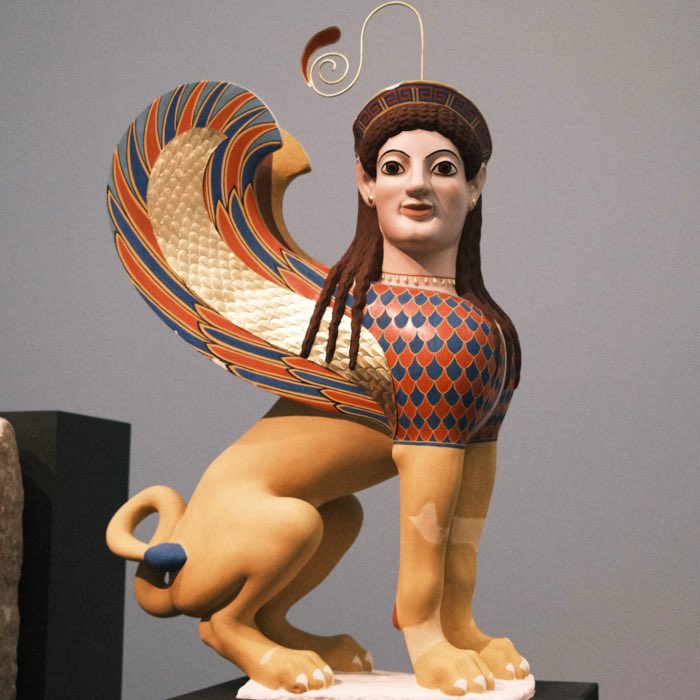


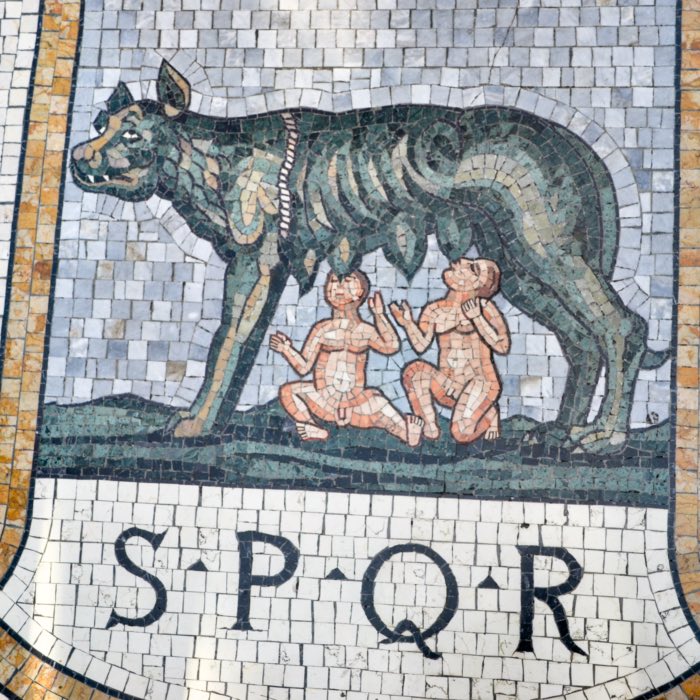


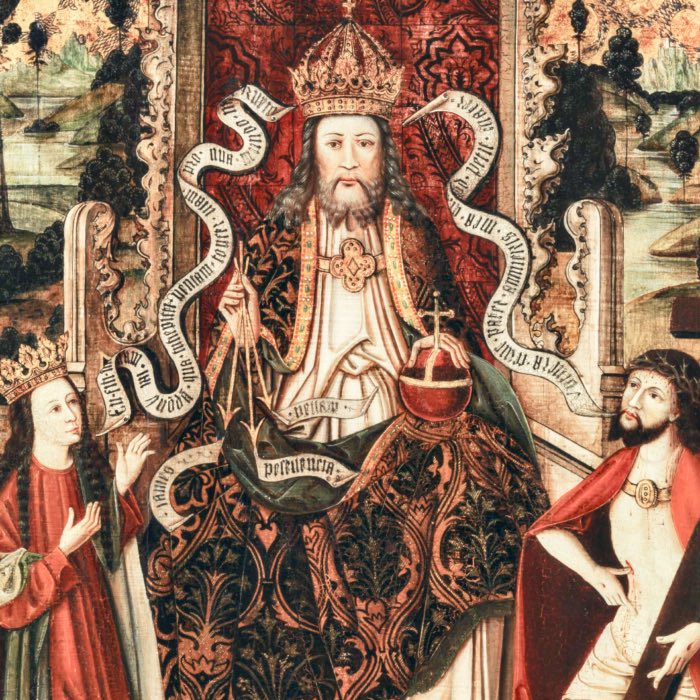
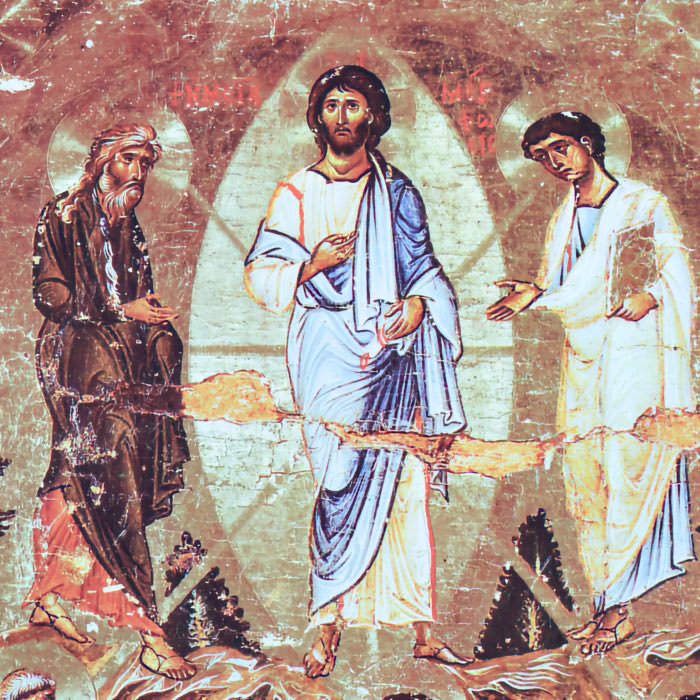
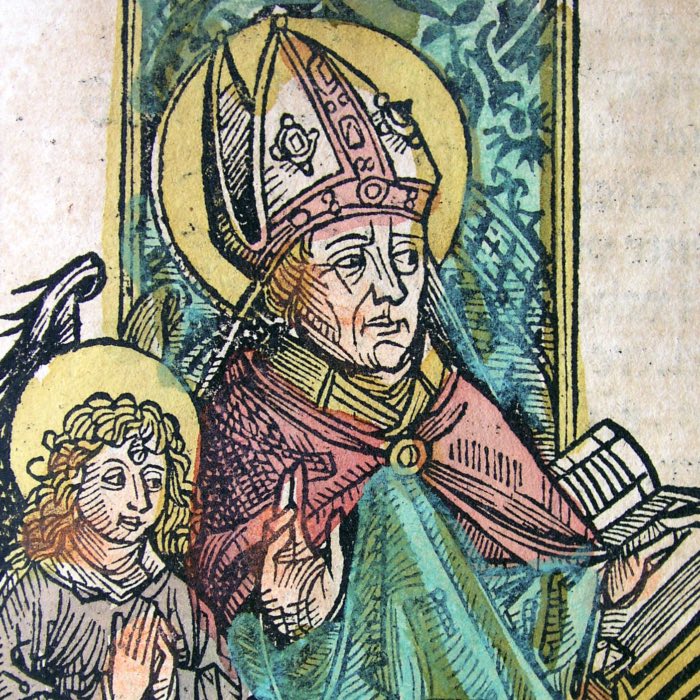

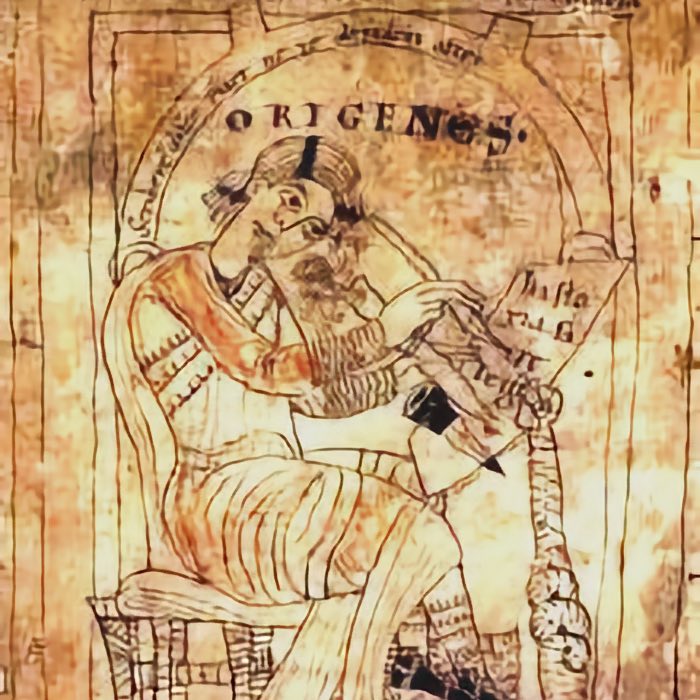
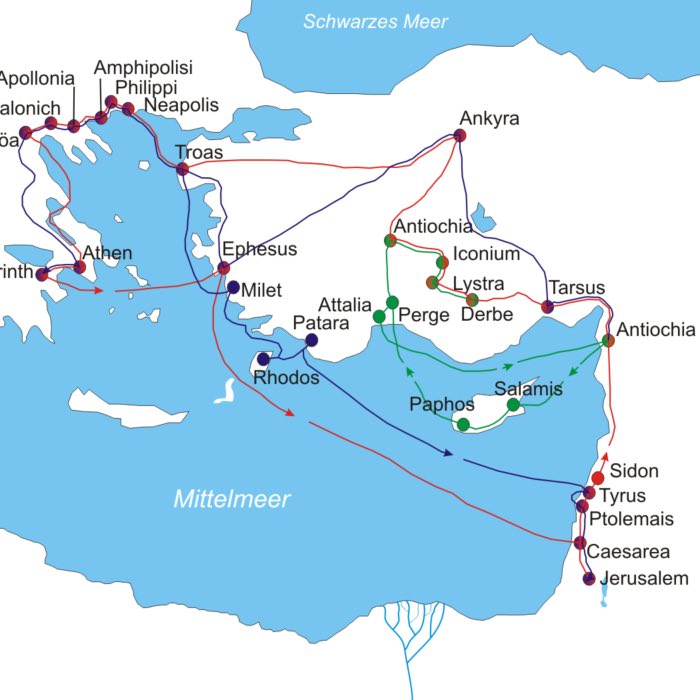
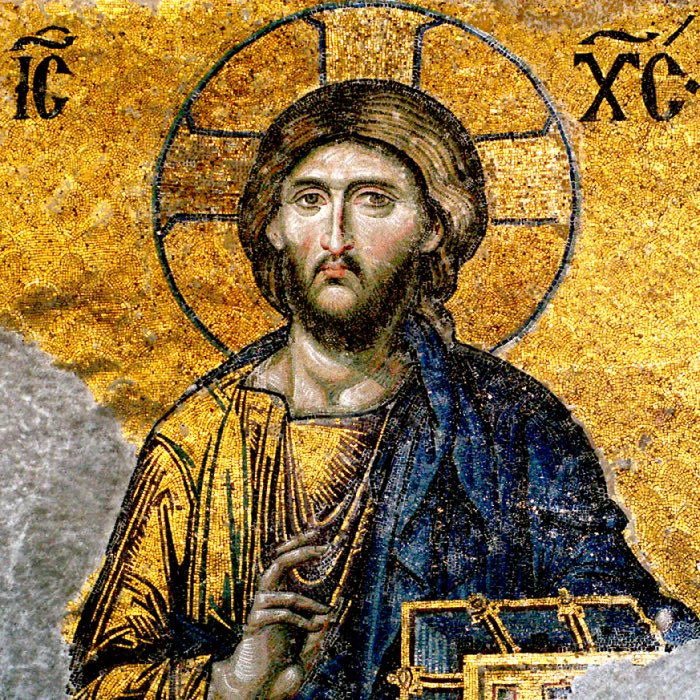
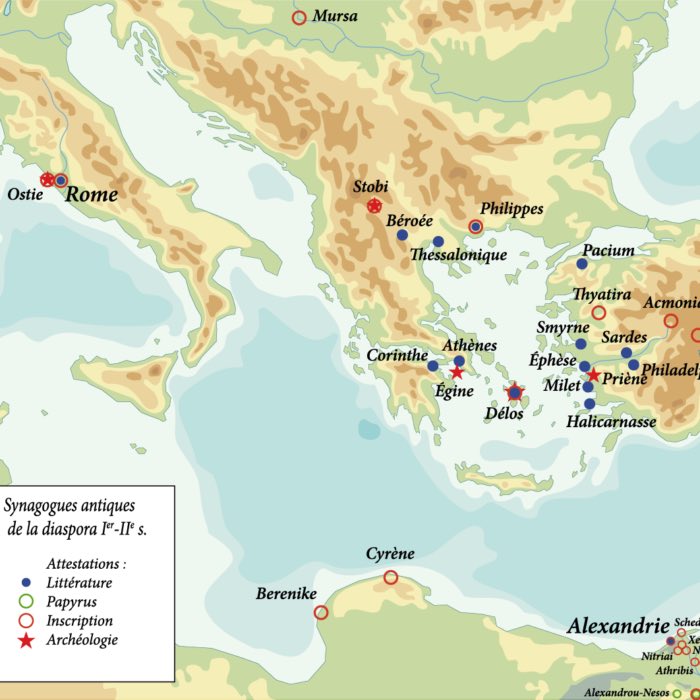
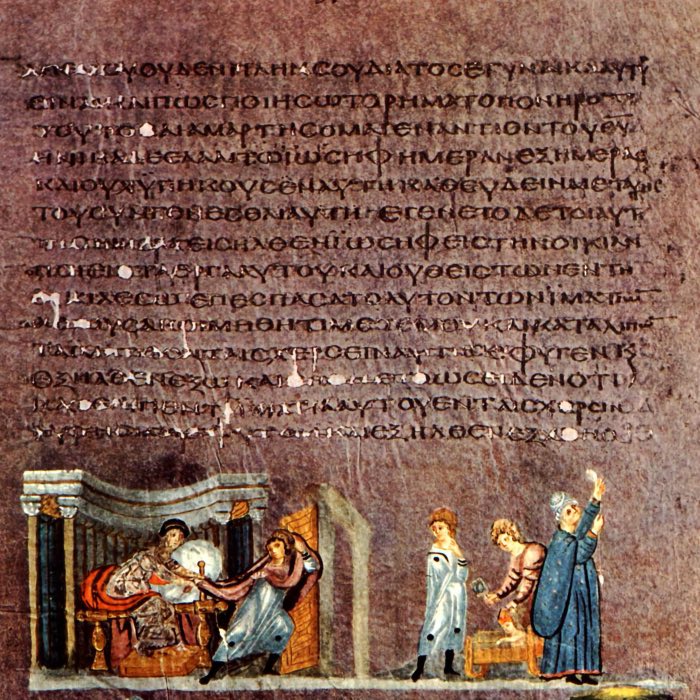


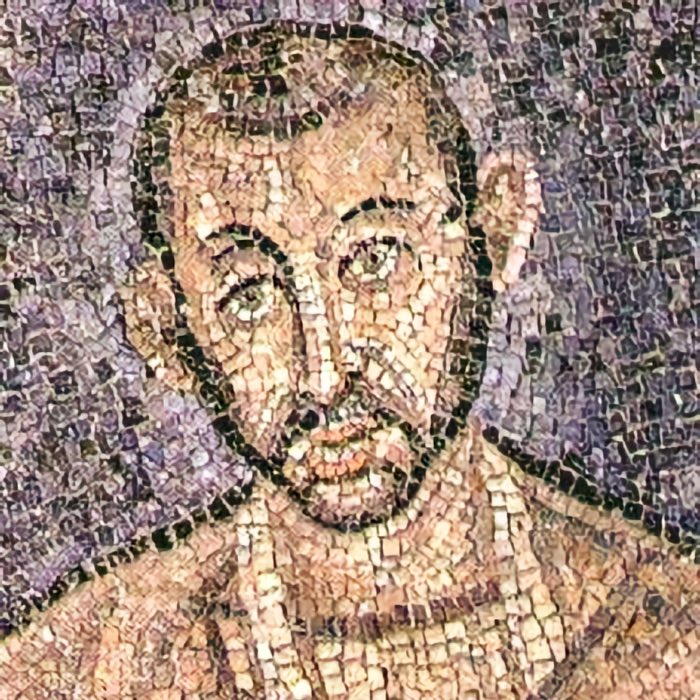
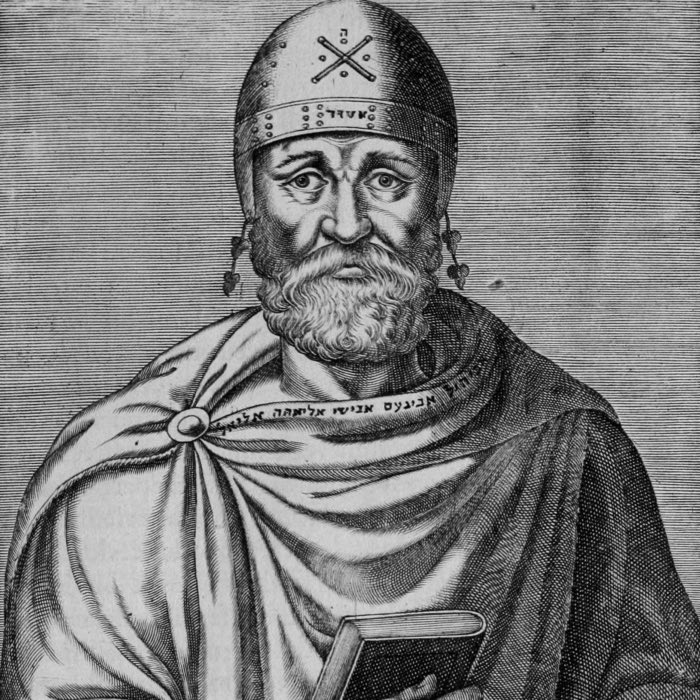
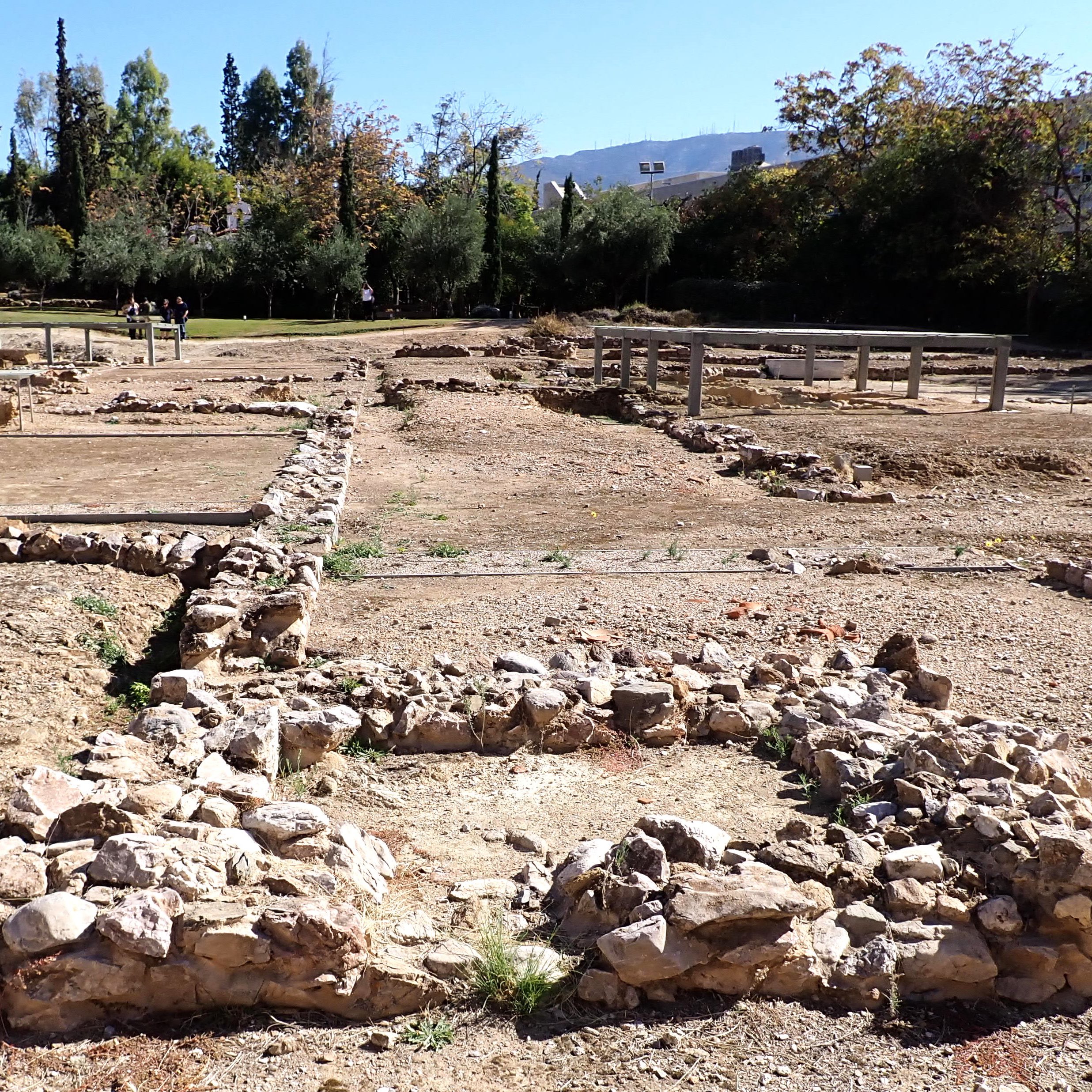
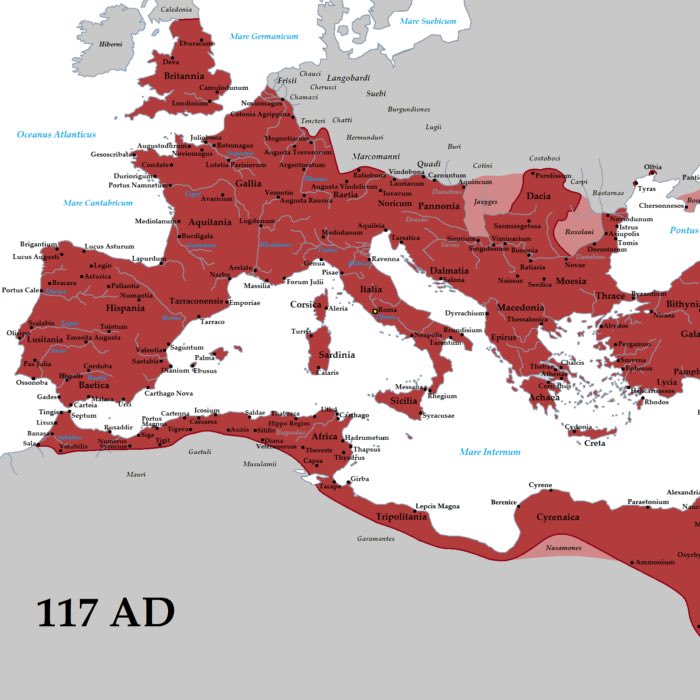
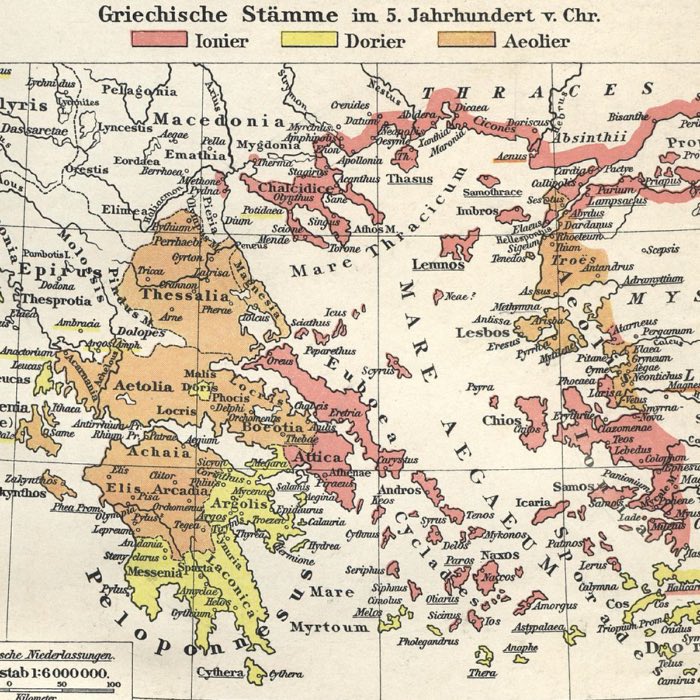


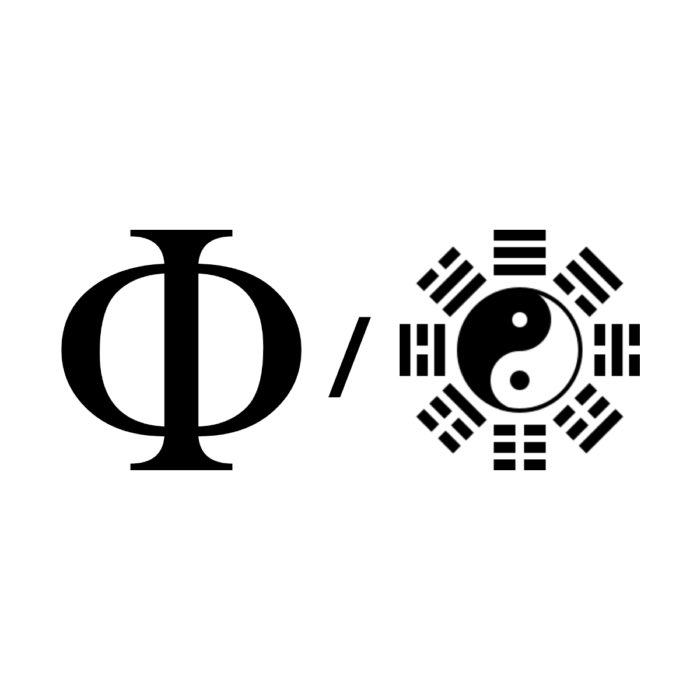




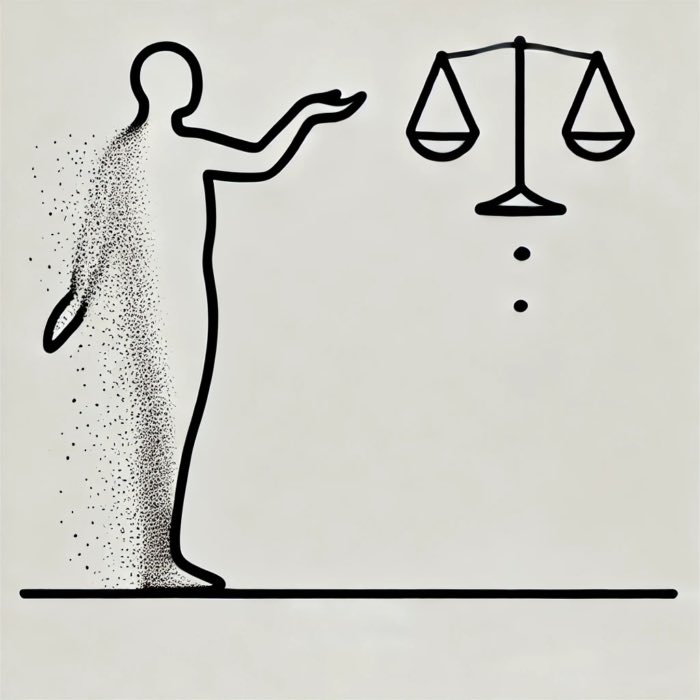




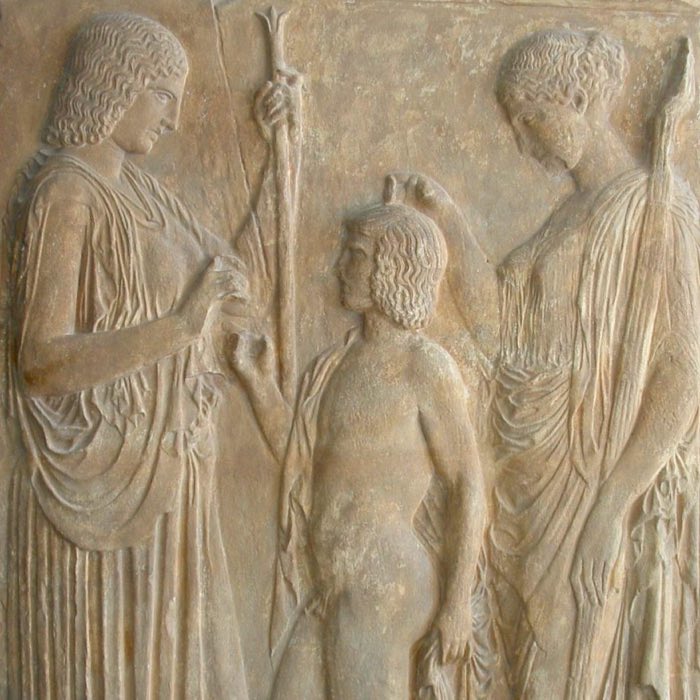
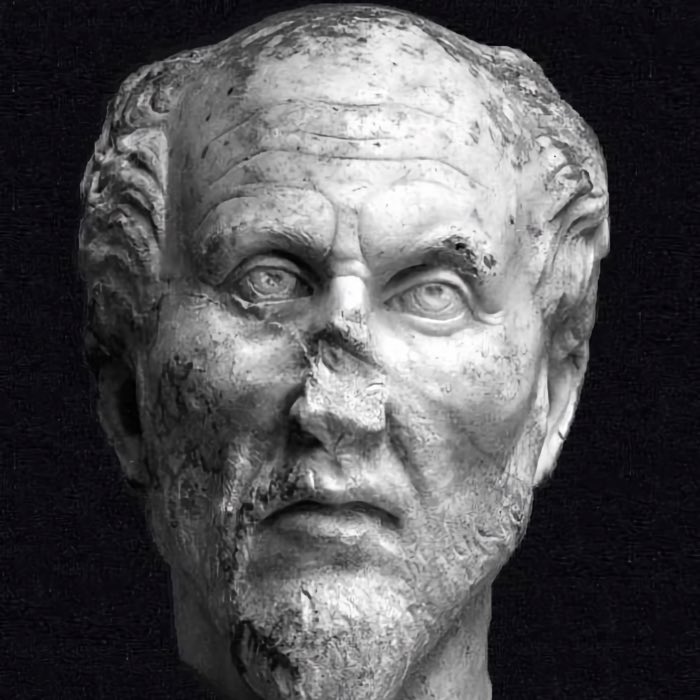

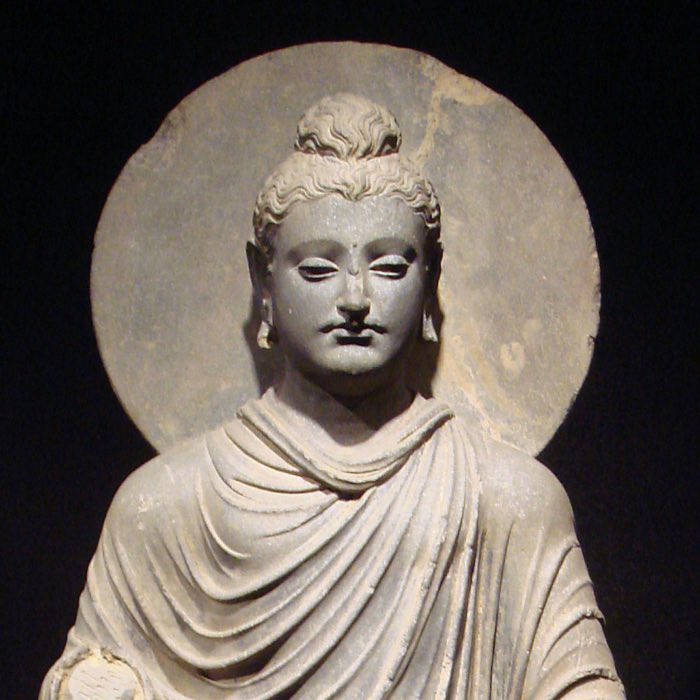
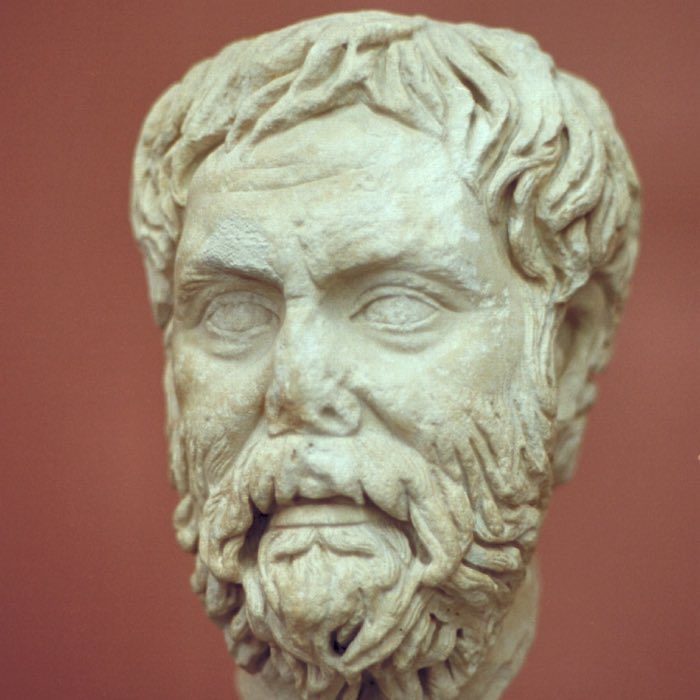
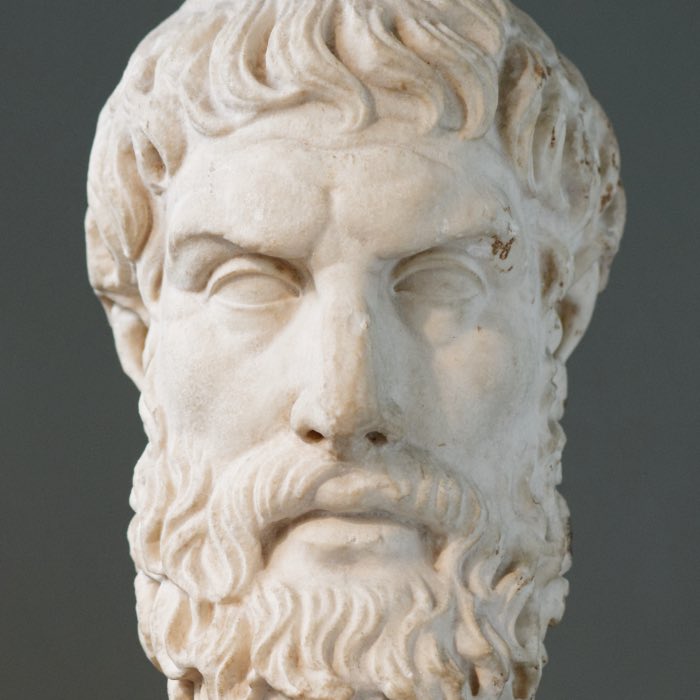
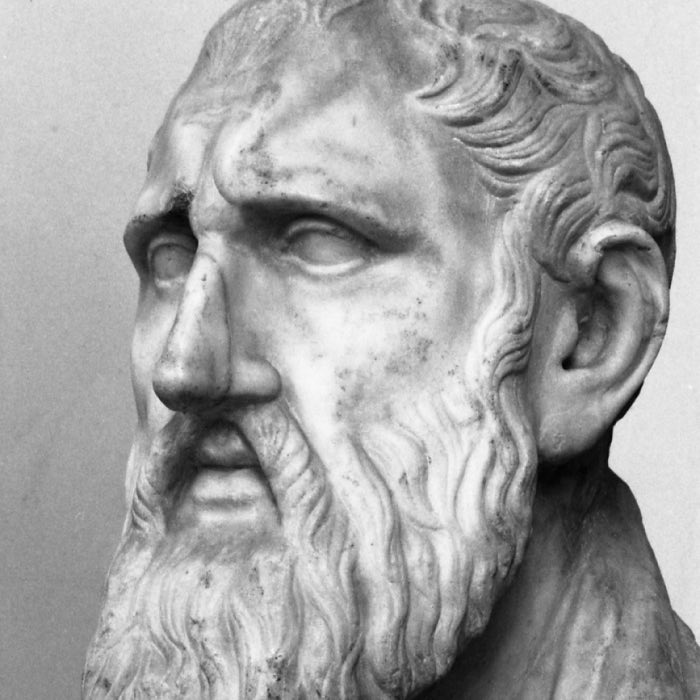

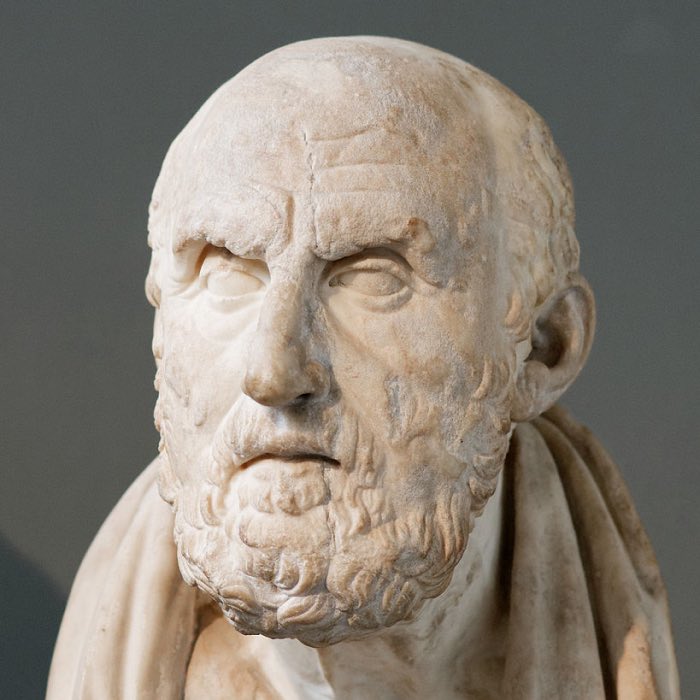
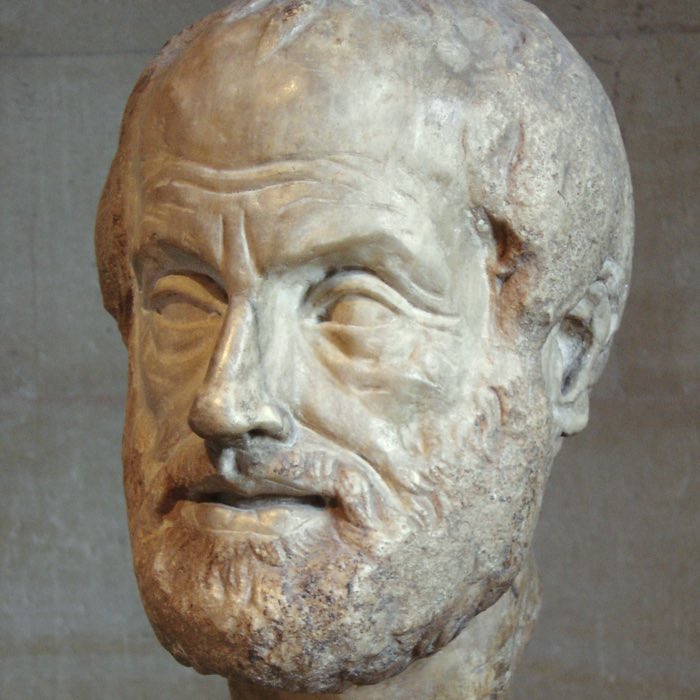
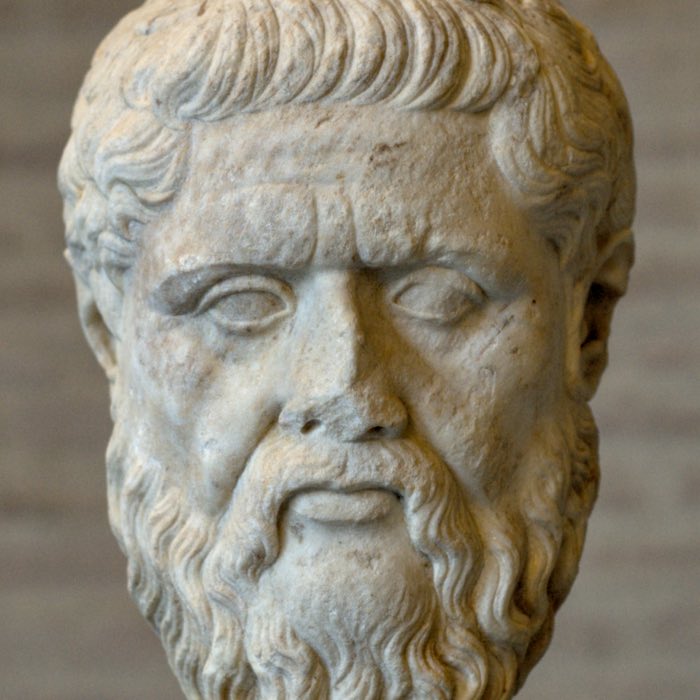
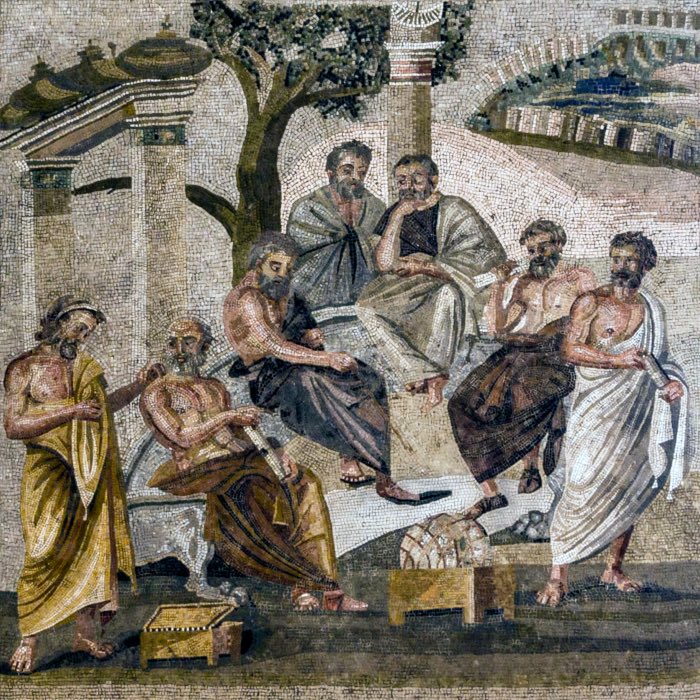
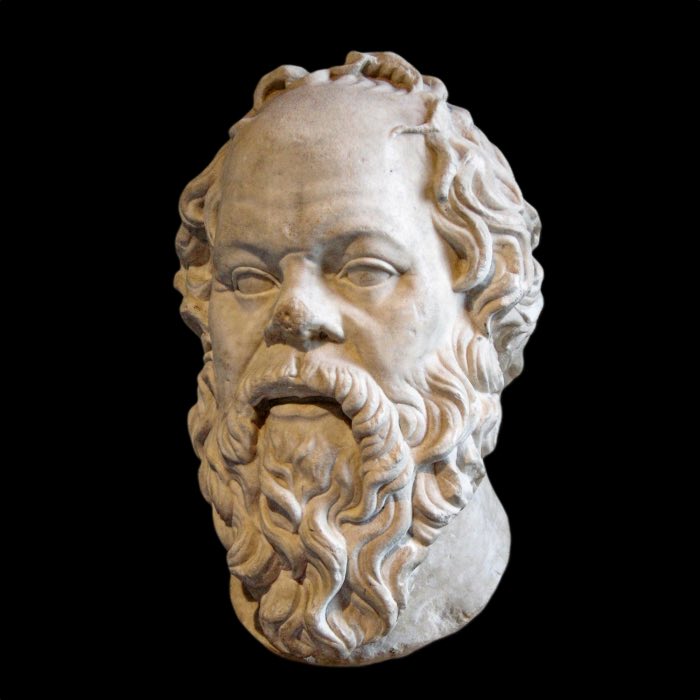
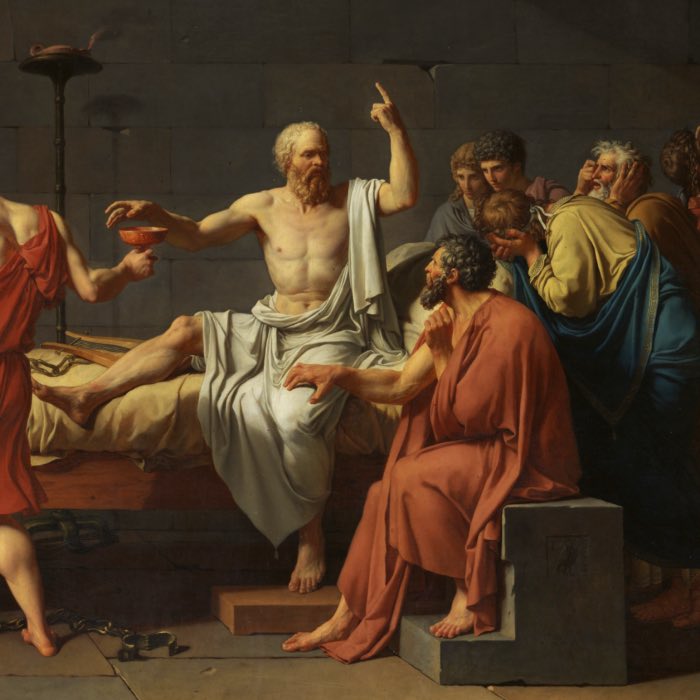
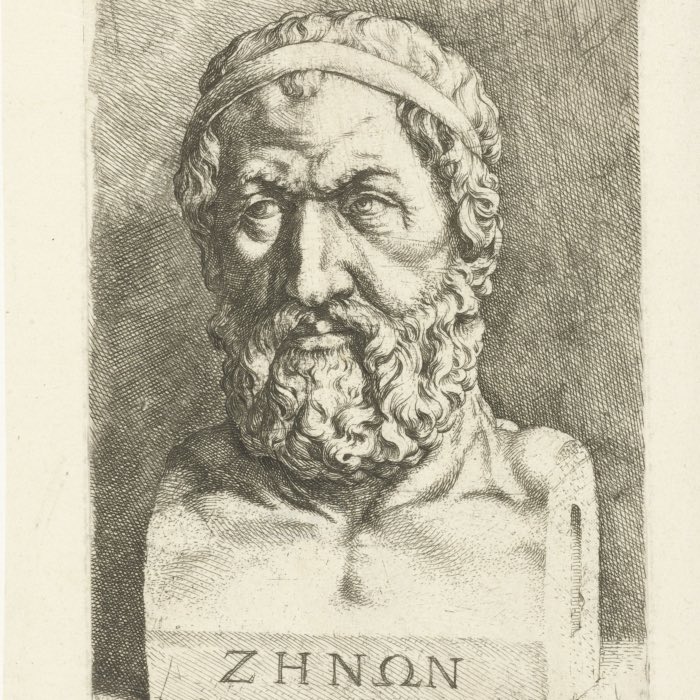
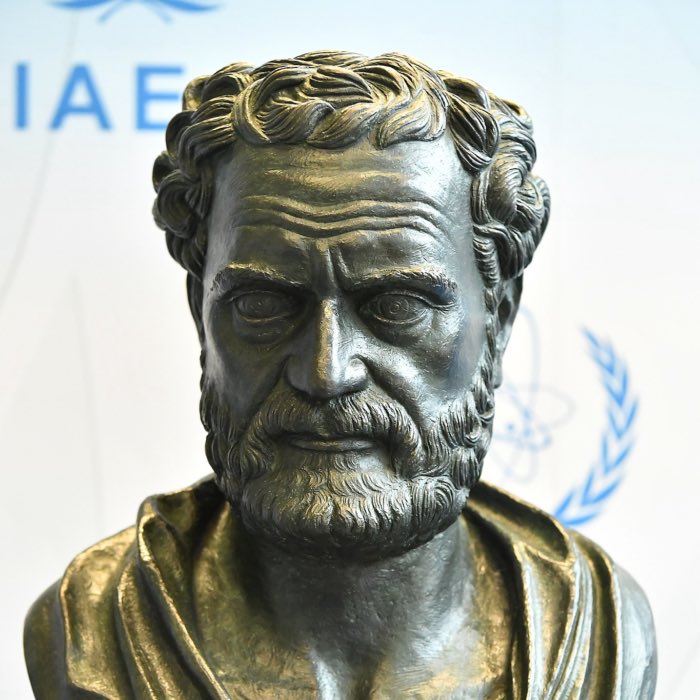
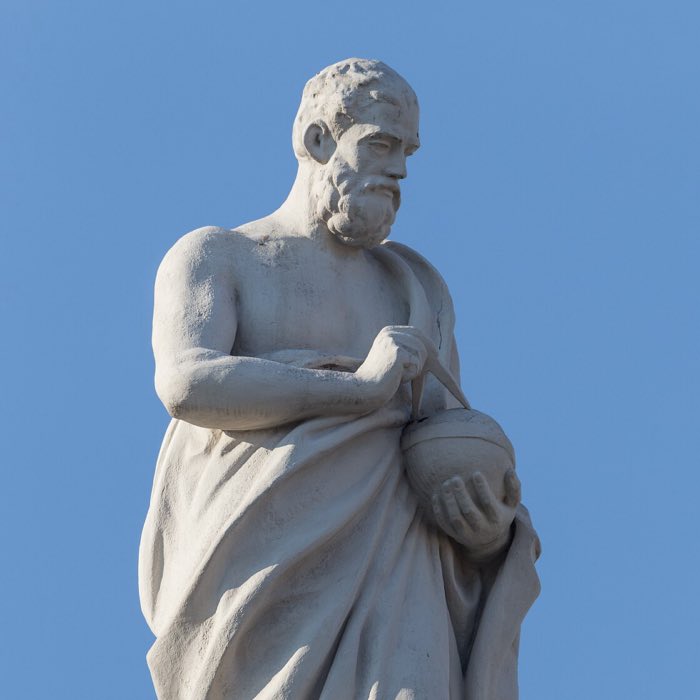
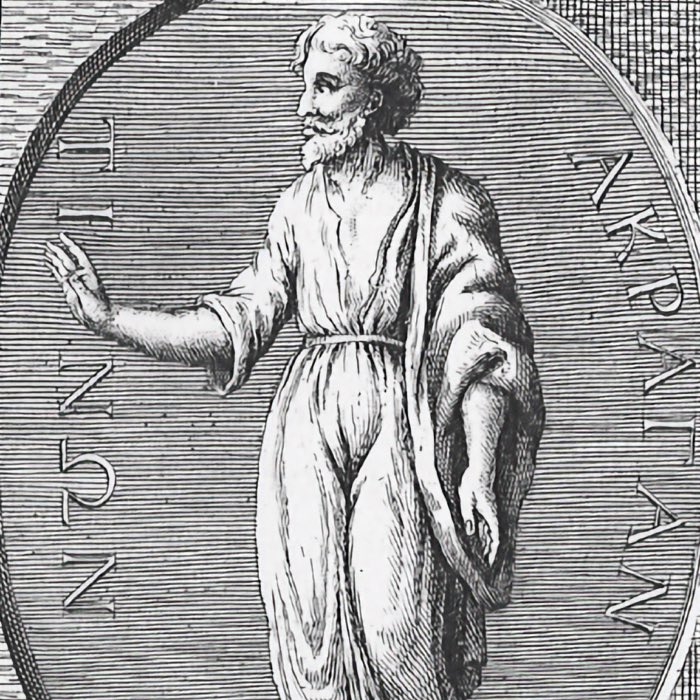
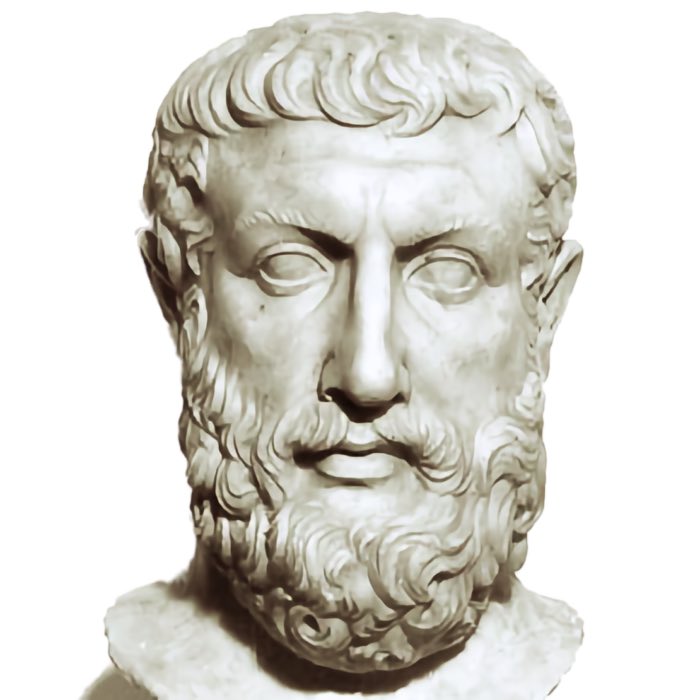
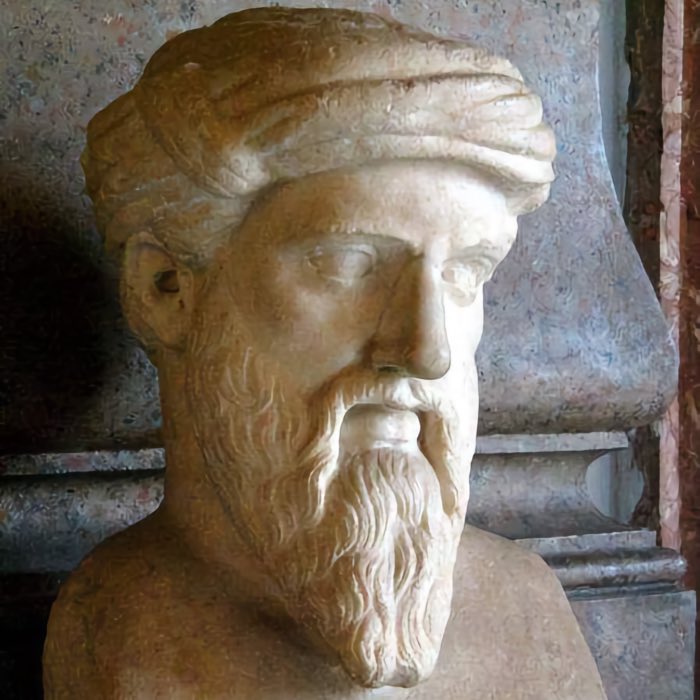
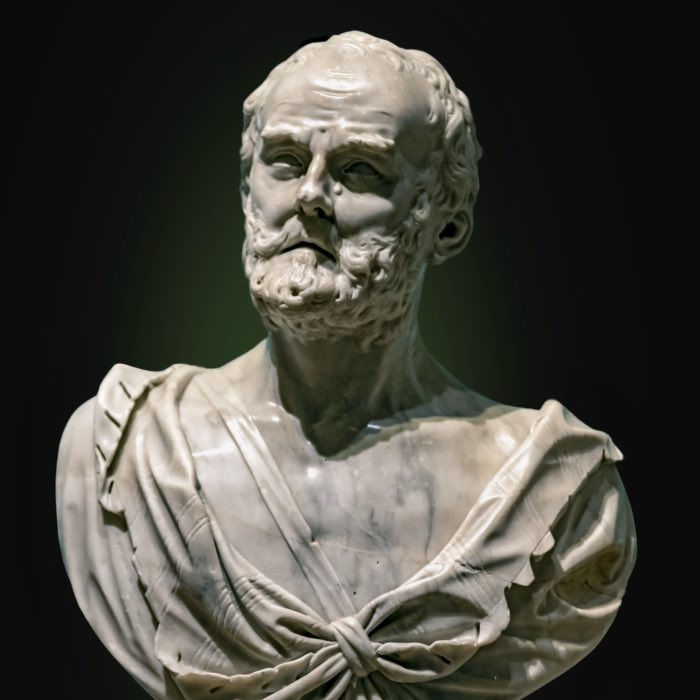
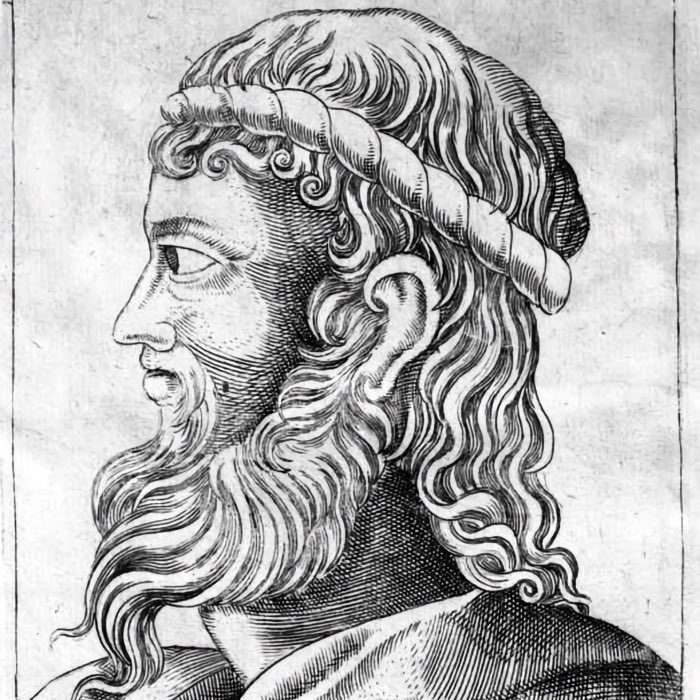

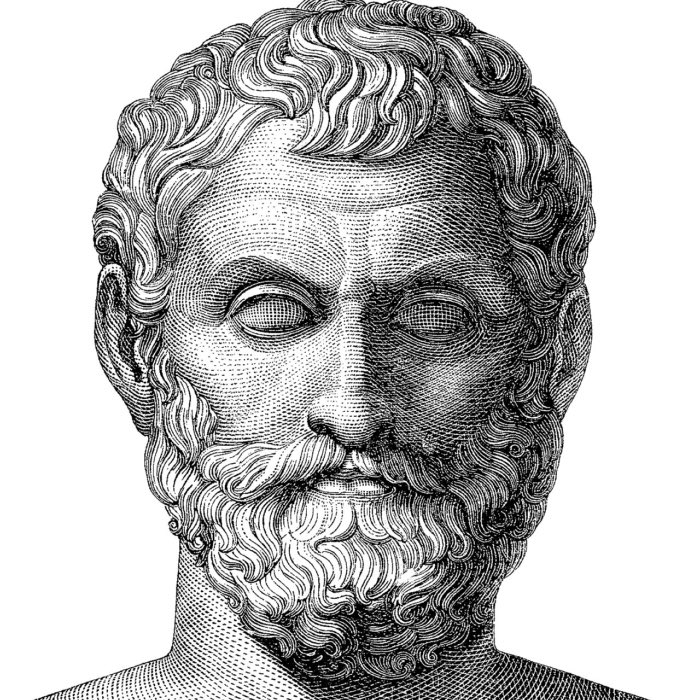
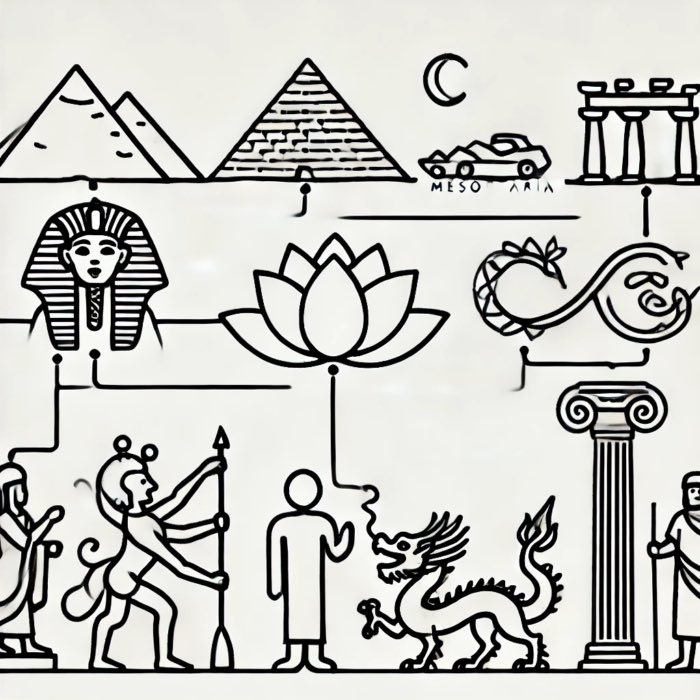

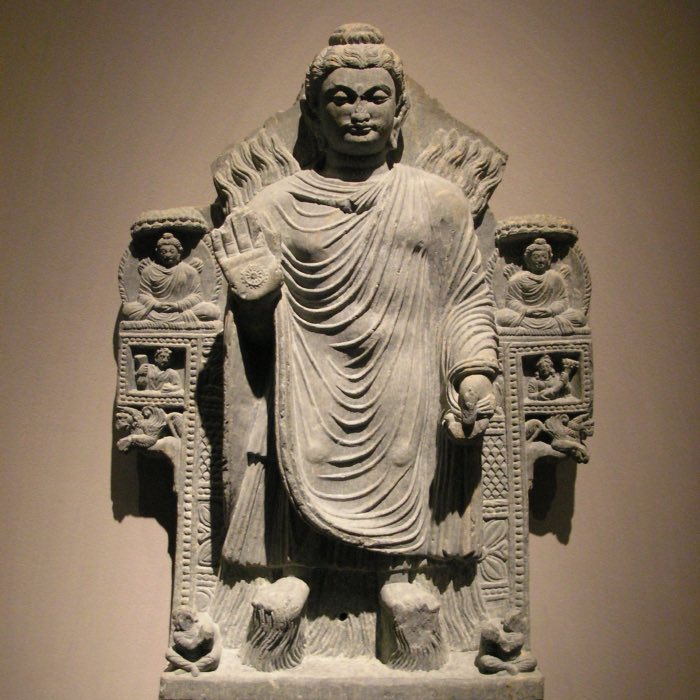
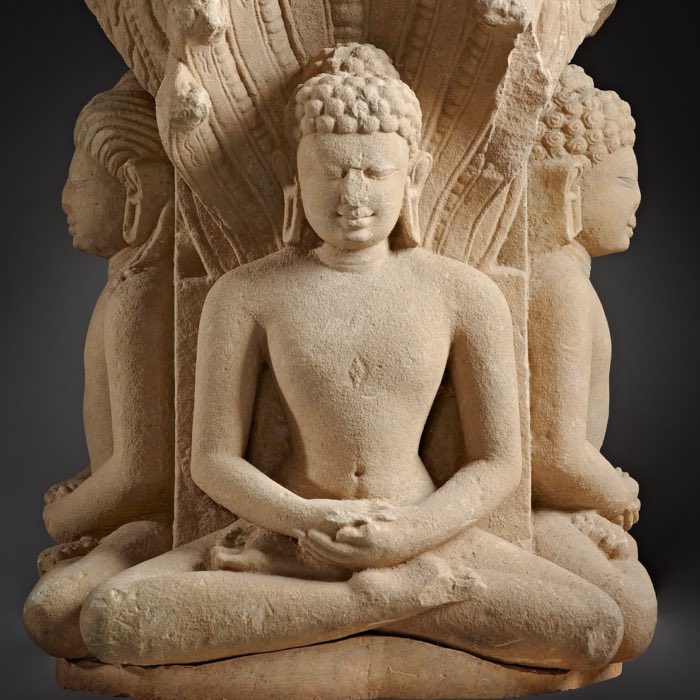
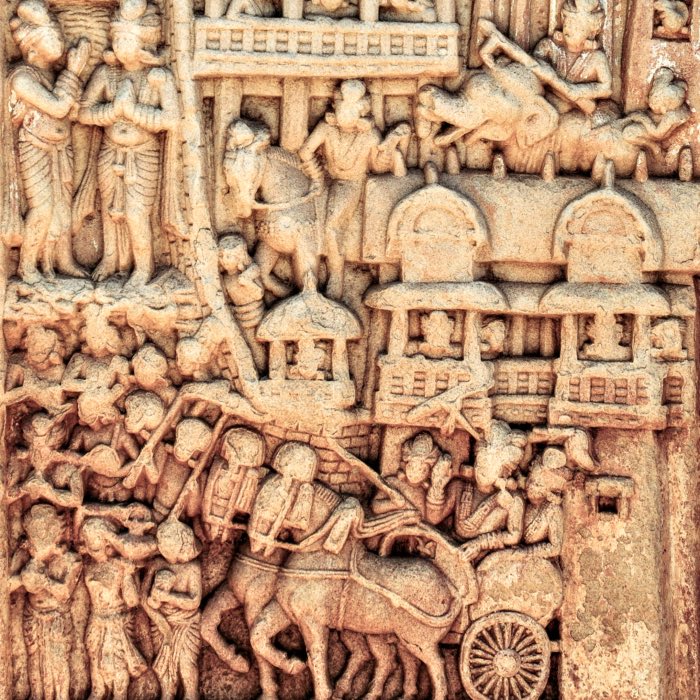
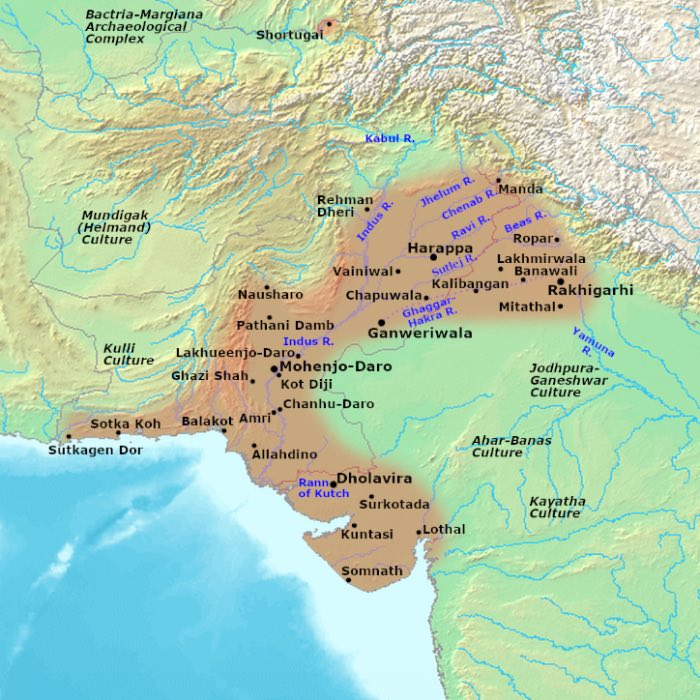

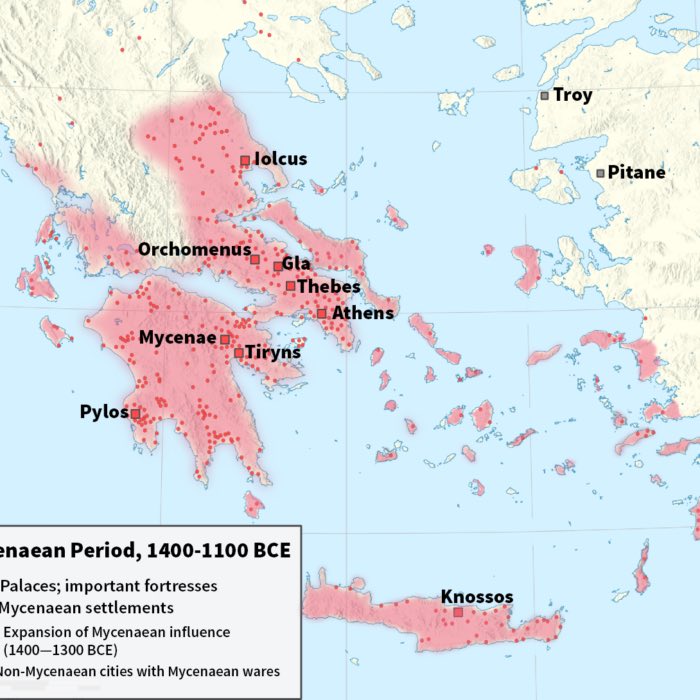
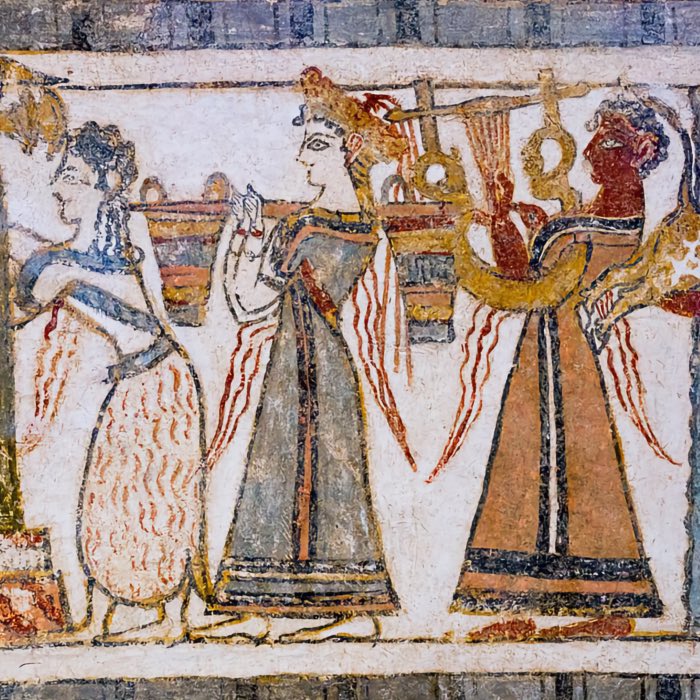

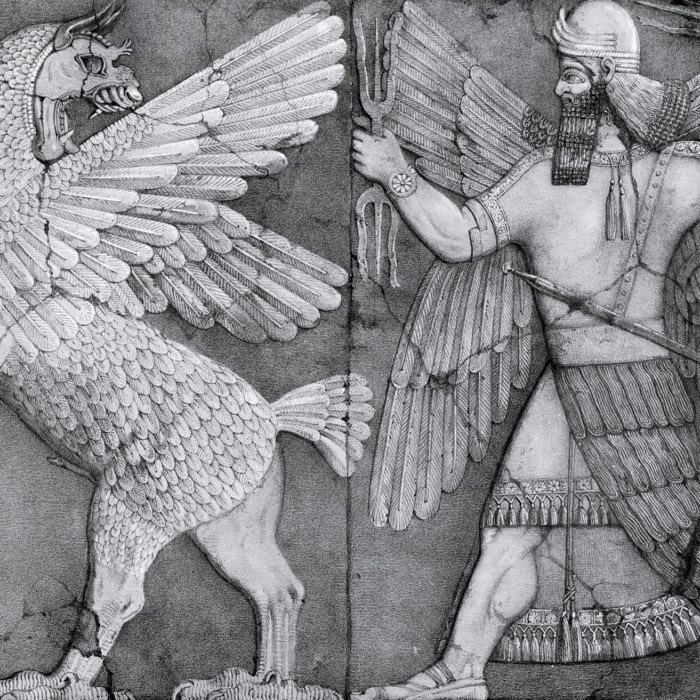
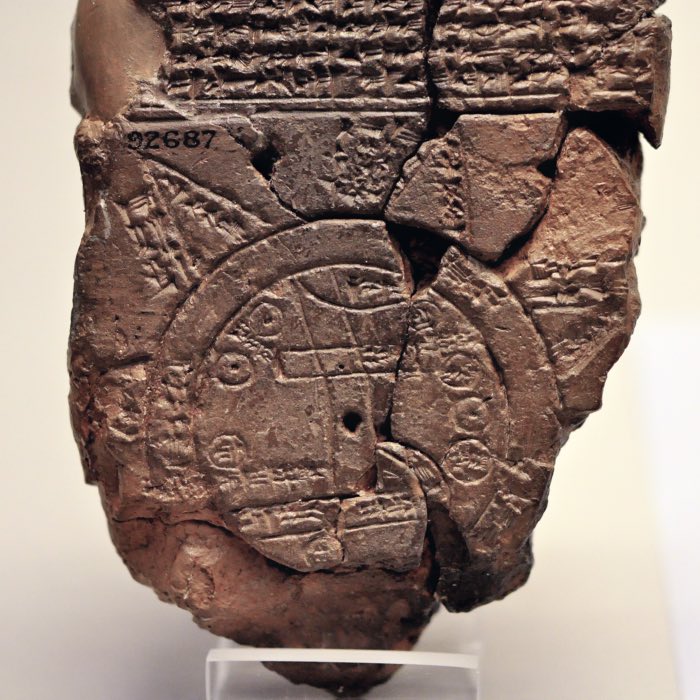
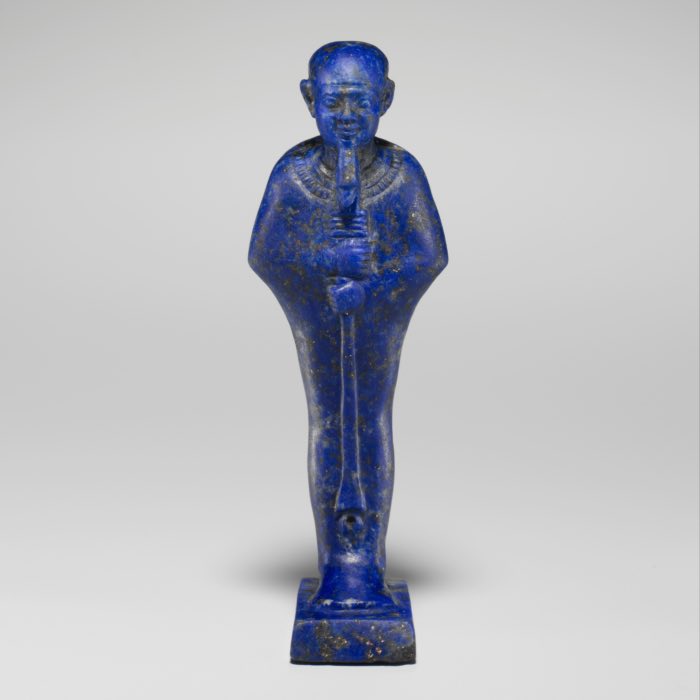
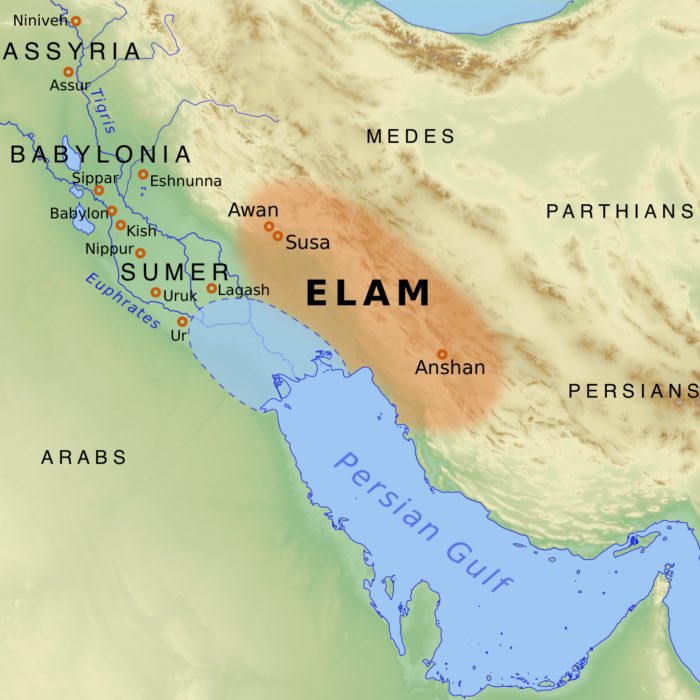
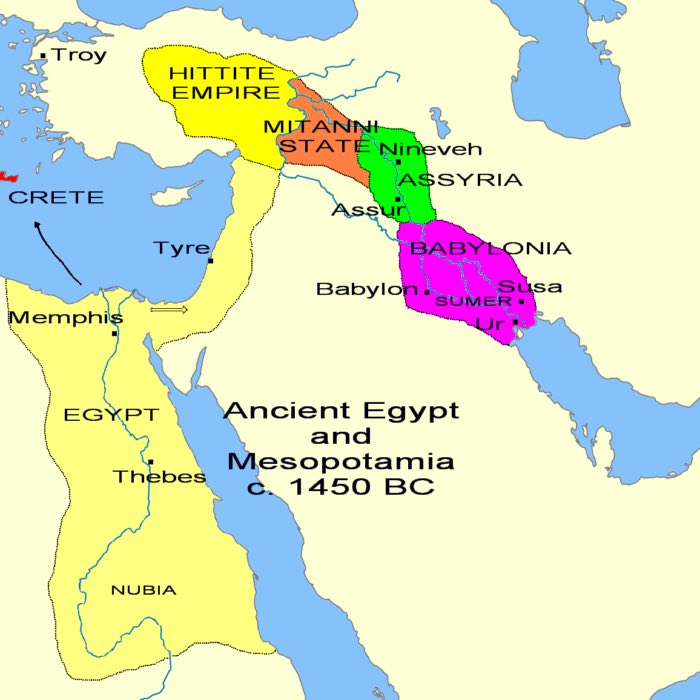


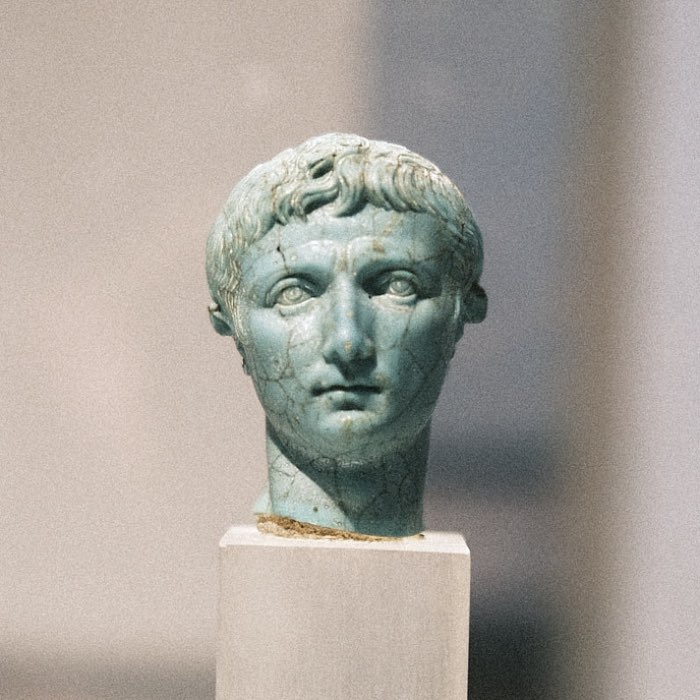

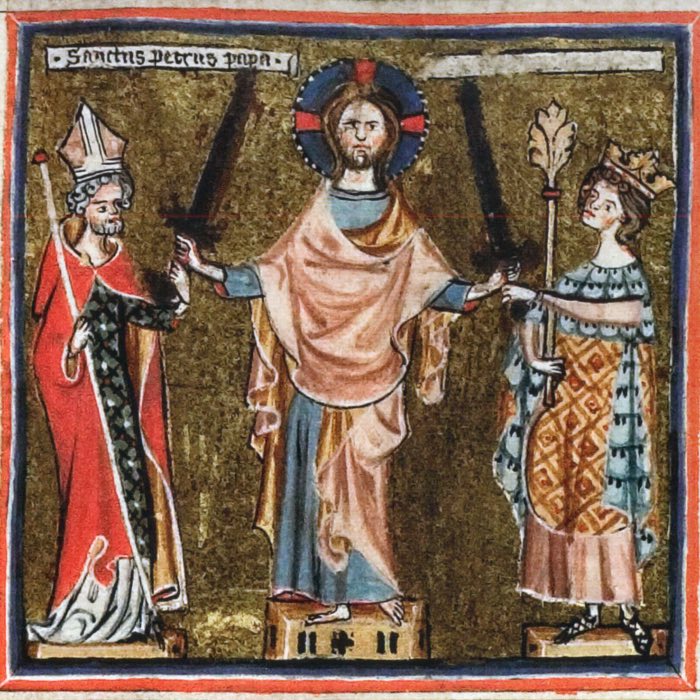
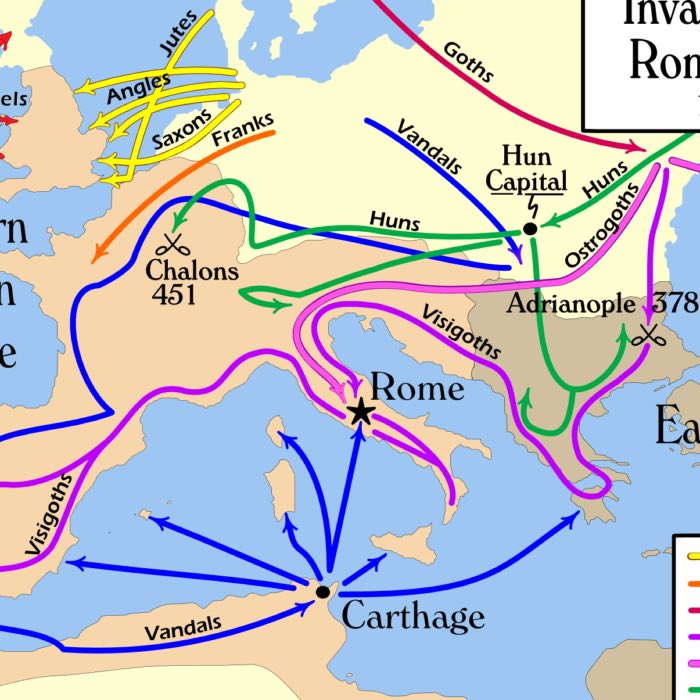
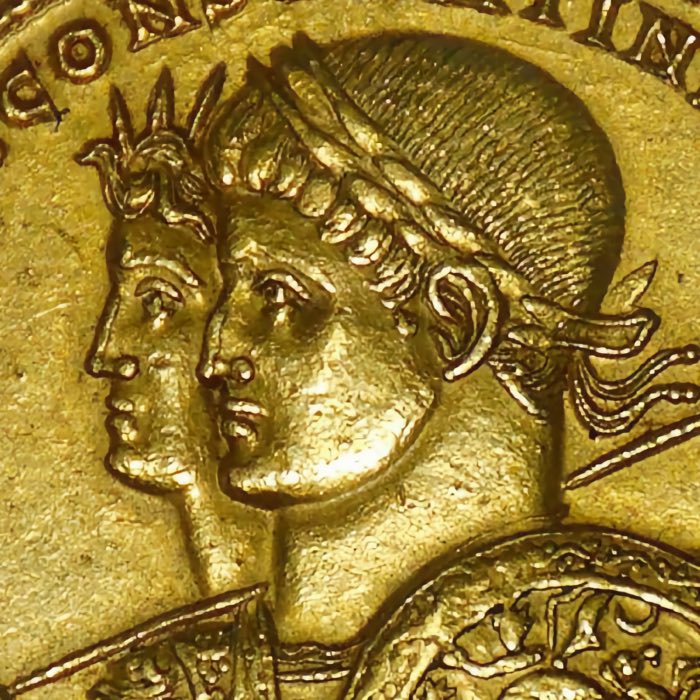
comments